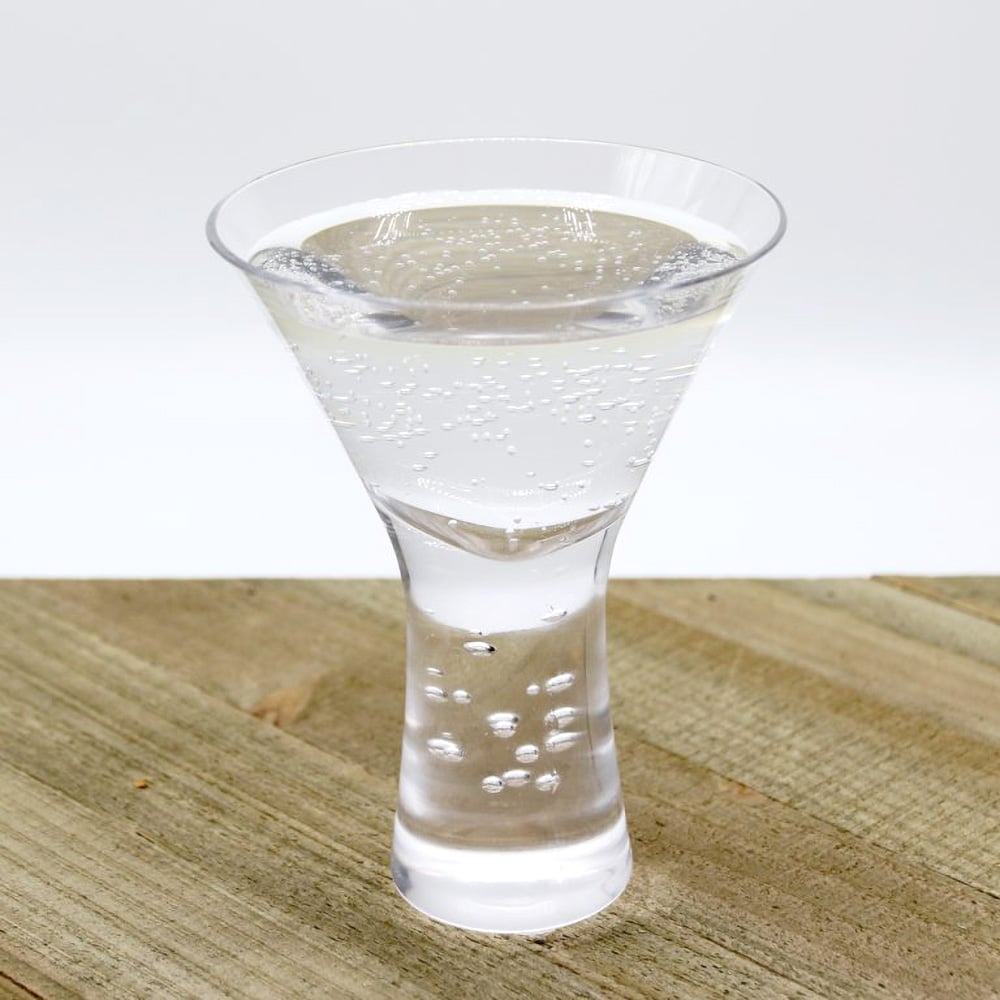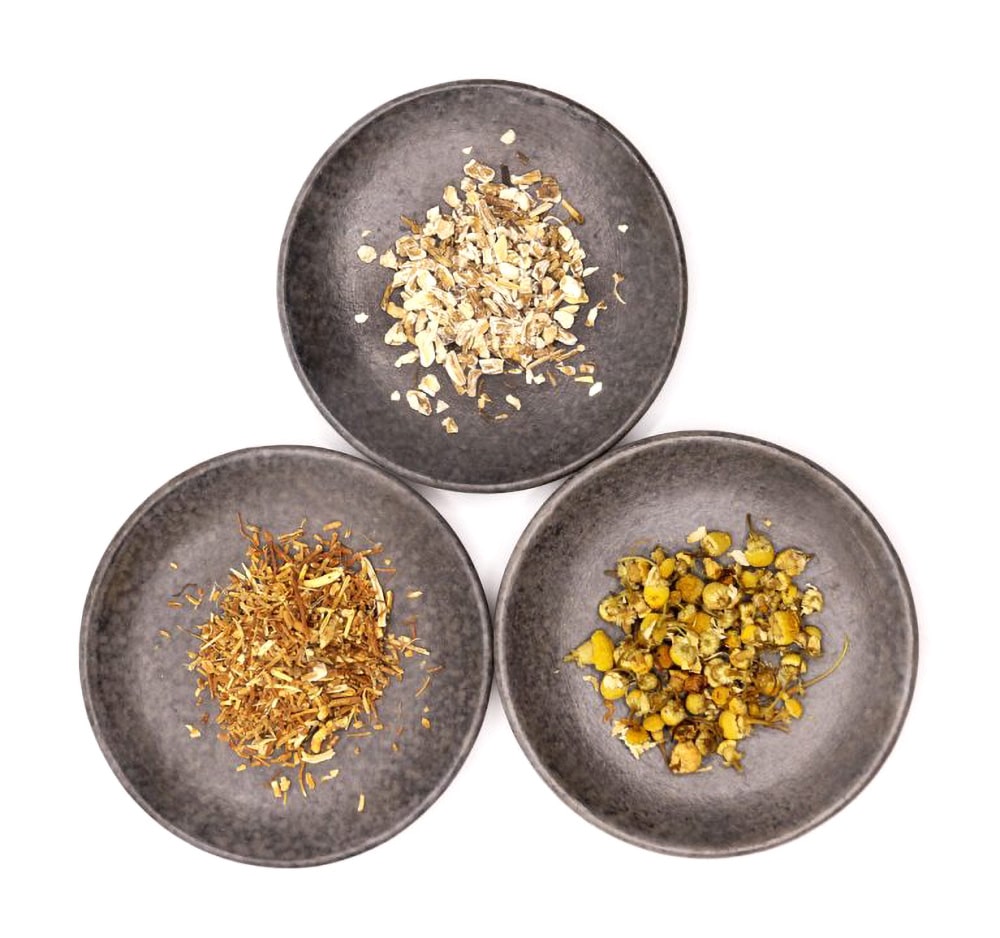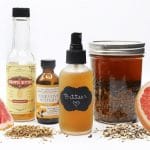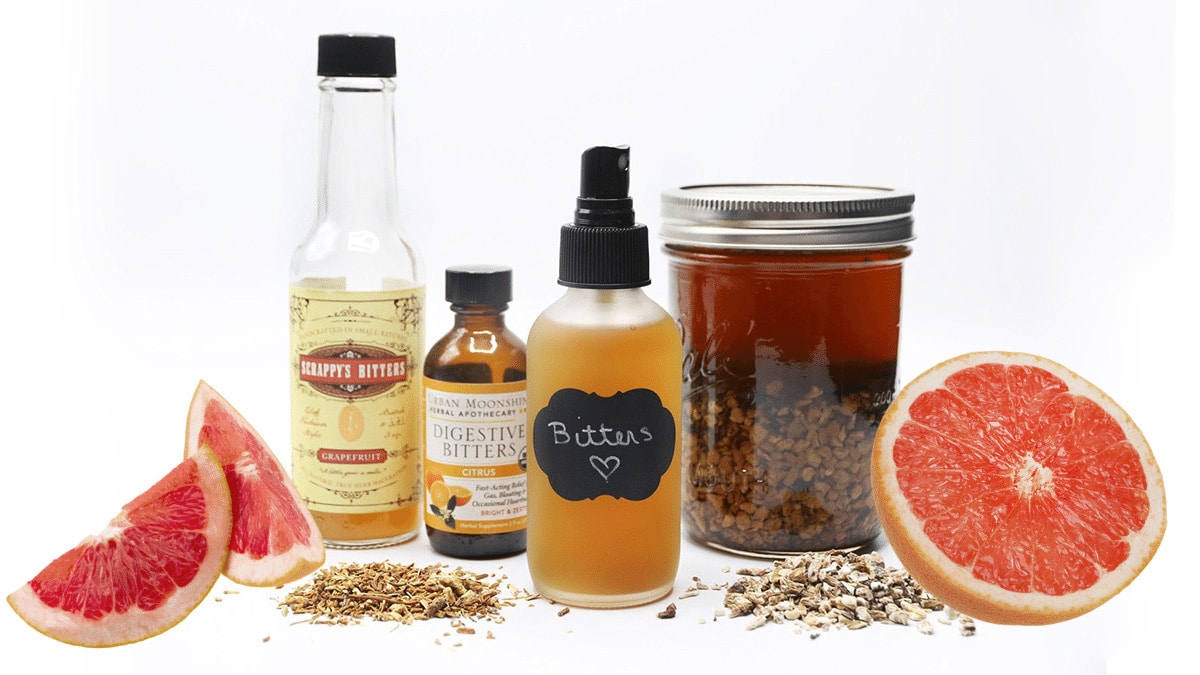Follow me down the bitter rabbit hole (we have great martinis!)
Until recently, I’d only thought of bitters as an essential ingredient in a good martini. However, ever since Mr. Redheaded Herbalist began having issues with digestion, my research into natural digestive aids has given me a new perspective on the old cocktail staple.
One of the many oh-so fun things about getting older, is that the body loses some of its ability to break down food, producing fewer of the digestive enzymes essential to the digestive process. In fact, I’m learning that many sufferers of GERD (gastroesophageal reflux disease) actually have a deficiency of stomach acid, not an excess. Which makes the commonly prescribed protein pump inhibitors (PPIs), which lower stomach acid levels further, a real problem. Besides not addressing the root cause of the problem and being addictive and difficult to wean off, PPIs have a myriad of other side effects – including significantly increasing one’s risk of having a heart attack (!!!)
So how do we naturally support digestion without resorting to medications that do little but mask symptoms? Turns out, there are many ways to do it, including slowing down and chewing your food thoroughly, drinking adequate water, supplementing probiotics and managing stress levels. Dietary enzymes found in fermented foods such as yogurt, raw apple cider vinegar and cultured vegetables like sauerkraut are also a great addition to a digestion-supporting diet.
A less commonly known trick is the use of herbal bitters.
A bit of bitter history
The medicinal use of bitters dates back to the ancient Egyptians, who steeped bitter herbs in wine. Ancestral diets of cultures around the globe traditionally included some sort of bitter food before, during or shortly after a meal. There’s a good reason for this! Bitter herbs, roots, barks and fruits stimulate the the digestive hormone, gastrin, which in turn, signals the body to produce saliva, gastric juices and bile, priming the digestive system for action. As an added bonus, bitters may also be helpful in balancing blood sugar and curbing sweet cravings!
Physiologically, bitters are, well, *bitter*. It’s a flavor most of us don’t often include in our diets anymore (not on purpose, anyway!) Most bitter compounds are soluble in water and, for the most part, alcohol, so you’re better off making an infusion (tea), a tincture or just eating them straight, rather than, say, an infused olive oil.
Getting bitter
A super easy way to get your bitters is to include a small salad of bitter greens before each meal. Common bitter greens include amaranth (I literally can’t keep this stuff out of my garden), arugula/rocket, chicory, dandelion greens, endive, mustard greens, radicchio and watercress. Toss them in a dressing made with raw apple cider vinegar (the kind with the “mother”) for an extra digestive boost!
When fresh greens are not available, I find bitter tinctures to be a pretty darn convenient tool in our digestion support arsenal. I was pleasantly surprised to find I actually enjoy the bitter flavor, especially as an addition to iced herbal tea as an apéritif before meals. If we’re feeling fancy, we sometimes add a few dashes to sparkling mineral water as an (nearly) booze-free cocktail. You can also keep a small spray bottle of bitters on the kitchen table, and take a couple of sprays directly in the mouth before meals. Easy peasy lemon squeezey!
Grapefruit and citrus bitters are by far my favorite. Scrappy’s brand is particularly good as are Urban Moonshine’s citrus bitters and the Herb Pharm brand.
A few of the many, many examples of bitter herbs used in tincture preparations:

- angelica (Angelica archangelica)
- artichoke leaf (Cynara scolymus)
- birch bark (Betula spp.)
- burdock (Arctium lappa)
- chamomile (Matricaria chamomilla)
- chicory (Cichorium intybus)
- dandelion (Taraxacum officinale)
- echinacea (Echinacea spp.)
- feverfew (Tanacetum parthenium)
- gentian (Gentiana lutea)
- goldenseal (Hydrastis canadensis)
- hops (Humulus lupulus)
- horehound (Marrubium vulgare)
- juniper berry (Juniperus spp.)
- milk thistle (Silybum marianum)
- mugwort (Artemisia vulgaris)
- Oregon grape (Mahonia aquifolium)
- peppermint (Mentha piperita)
- wormwood (Artemisia absinthium)
- yarrow (Achillea millefolium)
- yellow dock (Rumex crispus)
There are so many to chose from, and each with it’s own medicinal properties outside of their bitter action.
Infusing your own homemade bitters from scratch is not at all difficult, and it’s fun to play mad scientist with different ratios of herbs to make your own custom concoctions. Some herbalists prefer to tincture each of these herbs separately, mixing them at the end to better control the ratios and flavors. I’ve tried it both ways, and for bitters, I prefer the simplicity of infusing all of my herbs together in the same jar. If I were making medicinal tinctures, however, I would separate the infusions to allow better versatility to mix various tincture combinations as needed.

For this recipe, I’ve chosen gentian, dandelion root and chamomile as the primary bitter agents. Gentian is primarily used as a strong bitter, but also has alterative and antibacterial properties. The humble dandelion root is a powerful hepatic (liver) tonic and detoxifier, while chamomile is a super-multitasker anti-inflammatory, antispasmodic, antimicrobial, carminative (relieving gas/flatulence), vulnerary (wound healing) and nervine (calming of the nerves).
Try experimenting with different combinations of herbs to create your own custom bitter blends. I have big plans later this spring/summer to try incorporating yarrow, dandelion, Oregon grape root, pineapple weed (aka wild chamomile) and maybe some birch bark into my recipes, since these are all things I have conveniently growing (free!) near our house.
Bitter resources
If you really want to geek out on the chemistry and history of bitters, I highly recommend the book DIY Bitters: Reviving the Forgotten Flavor — A Guide to Making Your Own Bitters for Bartenders, Cocktail Enthusiasts, Herbalists and More. In addition to oodles of recipes for homemade bitters, the book also contains a boatload of recipes for using your bitters creations.
For additional reading, the Weston A. Price Foundation also did a wonderful piece on the history and benefits of bitters, Herbal Bitters: As Crucial as Salt in the Modern Kitchen.
By the way, my favorite place for procuring these somewhat obscure ingredients is Mountain Rose Herbs. They offer hundreds of varieties of organic, high quality, ethically sourced bulk herbs, spices and essential oils.
One more thing. Please read, this is important.
I’ve seen a number of bloggers posting about how to make homemade vanilla extract in the Instant Pot/pressure cooker, which speeds up the infusion process considerably. It’s a logical stretch that if you can pressure cook vanilla beans in vodka you should be able to do the same with bitter herbs in grain alcohol, right?
I was so excited by this idea I even tried it once (eek!) and was planning to include alternate Instant Pot instructions in this post for a faster infusion.
After doing a bit more reading on the subject, however, I’m no longer convinced that alcohol in the Instant Pot is a safe practice. Please don’t do it. For more on why it’s a bad idea, check out Laura Pazzaglia’s excellent research on the subject at the Hip Pressure Cooking blog.

Grapefruit Bitters
5 Stars 4 Stars 3 Stars 2 Stars 1 Star
No reviews
Ingredients
1 1/2 c high-proof neutral grain alcohol (such as 151 proof Everclear)
1/4 c fresh grapefruit zest (packed) *
2 T fresh lemon zest (packed)
2 T gentian root (dried) **
1 1/2 c distilled water
Instructions
- Place herbal ingredients into a pint-sized mason jar and add your high-proof grain alcohol.
- Cover and shake. Store in a cool, dark place for at least 3 weeks, shaking the jar every couple of days.
- After a few weeks, strain through a coffee filter into a clean glass jar, squeezing to extract all of the liquid from the herbs.
- You should now have (close to) 1-1/2 cup of infused alcohol. If you used Everclear 151, this is 75% alcohol. To bring it down to a more palatable ~37% alcohol, dilute with an equal amount of distilled water.
- Transfer your bitters to airtight glass bottles with reducer caps, tincture dropper bottles or spray/mister bottles.
- Add to a couple of dashes to dress up water, tea, lemonade or sparkling mineral water. Take before meals or anytime the mood strikes. ♥
Notes
High proof alcohol is best for extracting the medicinal properties from the herbs, but you can substitute 80 proof vodka if that’s what you have on hand. Since vodka is only 40% alcohol, you will not need to dilute the preparation with water much, if at all.
* If you are on medications, be aware that grapefruit contains compounds called furanocoumarins that may interact with certain drugs such as statins and blood pressure meds.
** Gentian is not recommended for nursing mothers. Gentian may lower blood pressure


